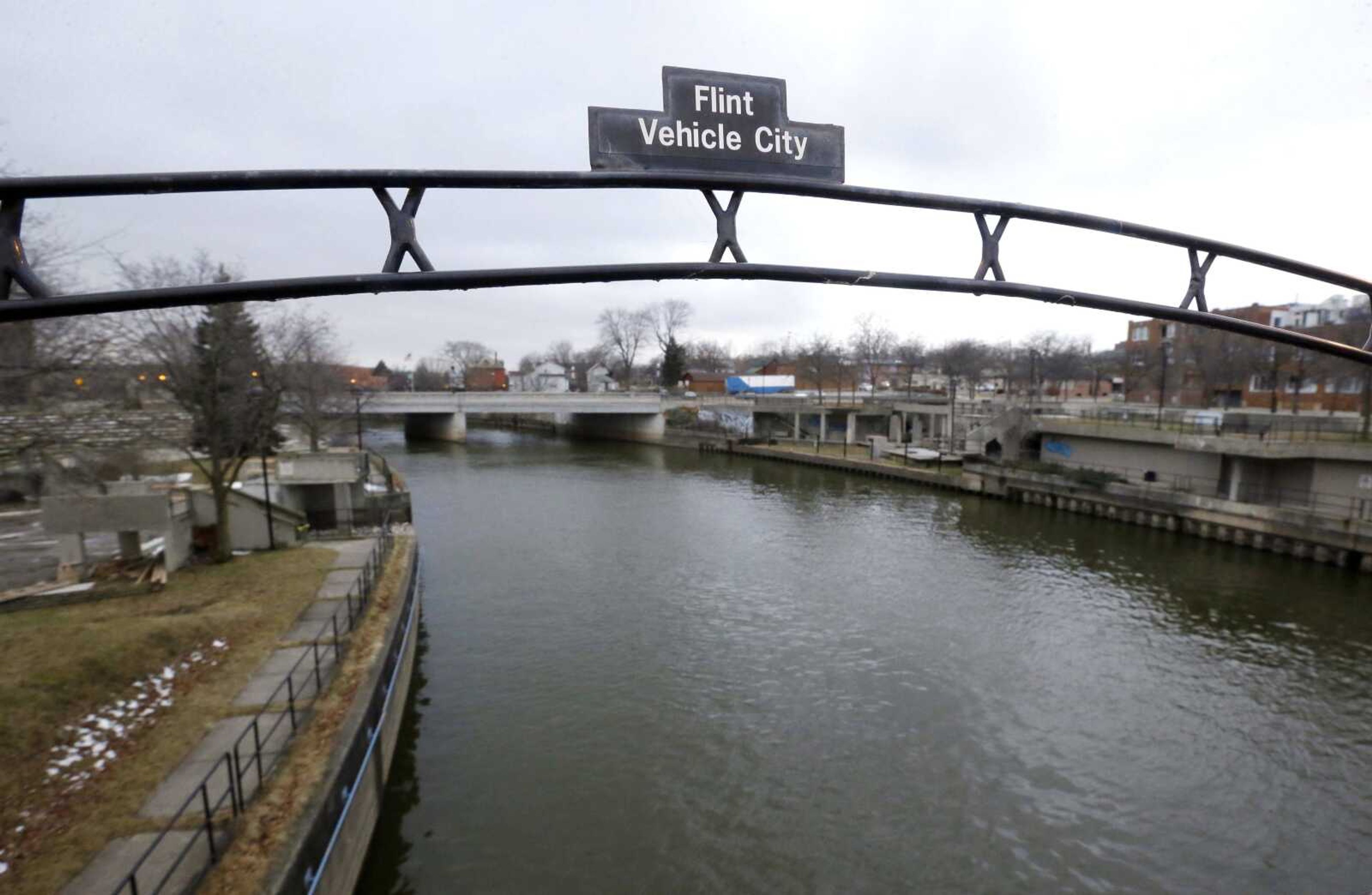Officials warned of water, Legionnaires' link
LANSING, Mich. -- High-ranking officials in Michigan Gov. Rick Snyder's administration were aware of a surge in Legionnaires' disease potentially linked to Flint's water long before the governor reported the increase to the public last month, internal emails show...
LANSING, Mich. -- High-ranking officials in Michigan Gov. Rick Snyder's administration were aware of a surge in Legionnaires' disease potentially linked to Flint's water long before the governor reported the increase to the public last month, internal emails show.
When he disclosed the spike in Legionnaires' cases Jan. 13, Snyder said he had learned about it just a couple of days earlier.
But emails obtained by the liberal group Progress Michigan through public-records requests and shared with The Associated Press show Snyder's office was aware of the outbreak since last March. At the time, others in the administration were scrambling to respond to suggestions bacteria in the city's new water source, the Flint River, could be the culprit.
The outbreak also was well-known within state agencies, according to emails obtained separately by the AP and other news organizations. Together, the emails offer more evidence some state officials were dismissive of county health authorities who raised concerns about the safety of the community's drinking water.
"The increase of the illnesses closely corresponds with the timeframe of the switch to the Flint River water. The majority of the cases reside or have an association with the city," Jim Henry, Genesee County's environmental health supervisor, wrote March 10 to Flint leaders, the city's state-appointed emergency financial manager and the state Department of Environmental Quality, known as the DEQ.
"This situation has been explicitly explained to MDEQ and many of the city's officials," Henry said in the email forwarded by the DEQ to a Snyder aide three days later. "I want to make sure in writing that there are no misunderstandings regarding this significant and urgent public health issue."
Legionnaires' disease is a pneumonia caused by bacteria in the lungs. People get sick if they inhale mist or vapor from contaminated water systems, hot tubs or cooling systems.
There were at least 87 cases across Genesee County during a 17-month period, including nine deaths, but the public never was told about the increase when it was happening -- even after an initial wave of more than 40 cases was known by early 2015.
The back and forth behind the scenes occurred while residents were complaining about poor water quality, even before lead contamination became a health emergency roughly six months later.
The emails reveal tension between the county health department, which was on the front line of the Legionnaires' outbreak, and the city and state about how to investigate the disease. The emails also show some angst in the Snyder administration over the controversy.
Brad Wurfel, who was DEQ spokesman at the time, informed Snyder's director of urban initiatives, Harvey Hollins, about a "significant uptick" in Legionnaires' cases but said it was "beyond irresponsible" for Henry to link the disease to the river without an adequate investigation. He copied then-DEQ director Dan Wyant on the email.
Connect with the Southeast Missourian Newsroom:
For corrections to this story or other insights for the editor, click here. To submit a letter to the editor, click here. To learn about the Southeast Missourian’s AI Policy, click here.









